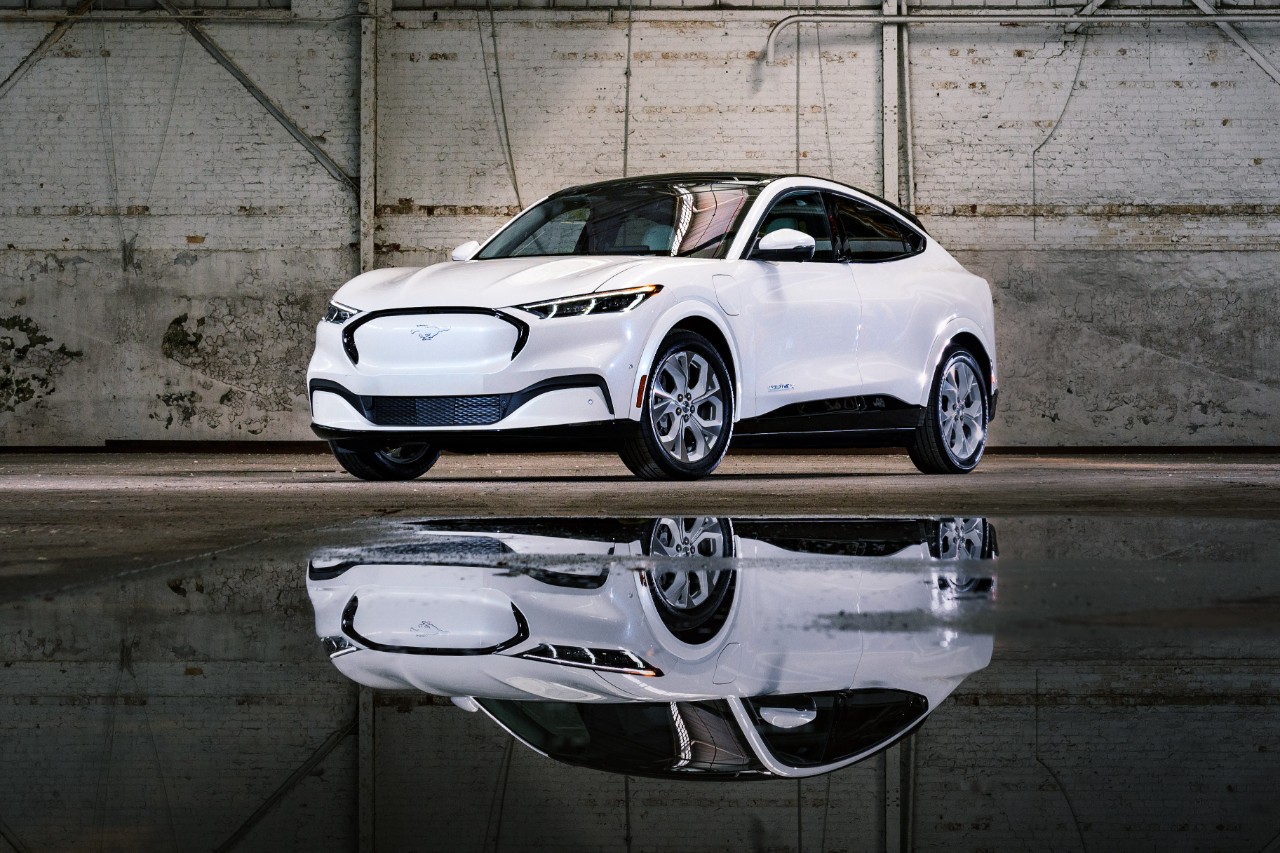
Ford's Fiesta has been its best-seller in Venezuela -- but Ford isn't selling much at all in the country at the moment. Photo credit: Ford Motor.
For the most part, the first quarter looked to be a pretty strong one for Ford (F +0.80%). When the company reports its first-quarter earnings later in April, we should see solid profits in North America, narrowing losses in Europe, and a good result from Ford's Chinese joint ventures.
But South America has been a challenge recently. In an SEC filing this past week, Ford confirmed that it will take a $350 million charge for problems related to the devaluation of Venezuela's currency. In this video, Fool contributor John Rosevear explains what that's all about -- and why Venezuela has turned into a big headache for the Blue Oval.
A transcript of the video follows.
John Rosevear: Hey, Fools, it's John Rosevear, senior auto analyst for fool.com. Ford is set to report its first-quarter earnings later this month. Sales in North America were sluggish earlier this year thanks to the rough winter weather we saw in many parts of the country, but Ford held its ground and had a solid March, and sales have been good in both China and Europe, and overall I think Ford's quarter should look pretty good.
But we do know there's at least one big charge coming, and that relates to South America.
Back in December, Ford CFO Bob Shanks warned us that volatility in Venezuela could hurt first-quarter numbers. He anticipated a big devaluation in the Venezuelan currency, and now it's official.
Ford said in a Securities and Exchange Commission filing this past week that it expected to take a one-time charge of about $350 million in the first quarter because it has had to change the way it values Venezuela's currency on its accounts.The Venezuelan bolivar has lost a lot of value. Ford had been carrying it at 6.3 bolivars to the dollar, but now it has shifted to 10.8 bolivars to the dollar.
Ford cut its production in Venezuela by 75% in the fourth quarter of last year and has kept it at that level. New-vehicle sales in the country are way down. And Ford has another problem there, which is simply a shortage of hard currency. In fact, Ford Chief Operating Officer Mark Fields brought this up when I talked to him back in January. He said that there was a shortage of U.S. dollars in Venezuela and that was making it hard for Ford's local operation to pay its suppliers.
It's just a tough place to do business right now, at least for a major global company. The government has imposed price controls and restricted supplies of foreign currencies like the dollar and the euro. It's just hard going. But when we talk to Ford folks, they all point out that Ford has been doing business in South America for many, many years, almost a century, and they have no plans to pack up and leave. They'll just ride it out as best they can.
But it's really hard: According to analyst Matt Gasnier at the Best Selling Cars Blog, which tracks auto sales all over the world, the Venezuelan new car market practically came to a halt in January. Only 722 new vehicles were registered. Traditionally, General Motors and Ford have been the one-two leaders in the country, but GM managed only 48 units in January, and Ford apparently sold two -- yes, two -- as Mitsubishi and Toyota were the only makers to get over 200 sales. So when we say that things are really rough in Venezuela, we aren't kidding.
But long story short, Ford will take a $350 million one-time charge against earnings in the first quarter because of the devaluation of Venezuela's currency. Thanks for watching.






